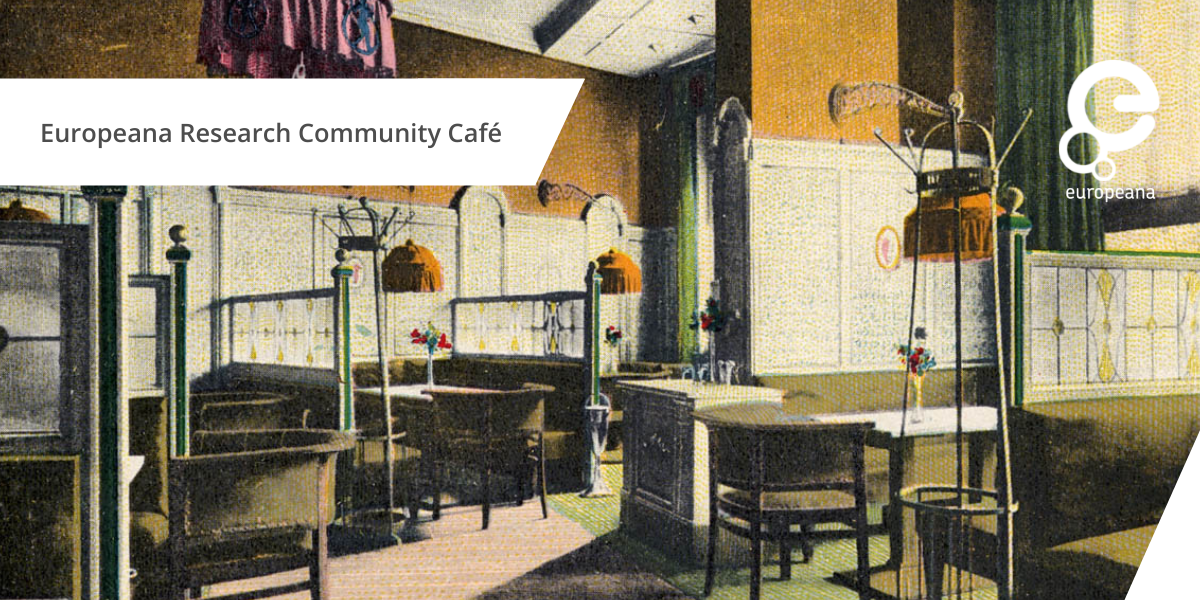About
The Europeana Research Community has 2,250 members who work in the cultural heritage sector, higher education and research. There is a lot of potential in community members sharing experiences, new ideas, project results and tips from across Europe and beyond.
To foster interaction between members and encourage more people to join the Community, the Research Community Steering Group is delighted to introduce the Europeana Research Community Cafés. At these informal events, a guest speaker will introduce some themes for each Café, with a common thread around the opportunities that digitised and born digital cultural heritage bring to research and higher education. Join and bring your voice to a wide community of professionals - register for our first Café below!
The Europeana Research Community cafés are open to everyone and will not be recorded.
Speaker
The speaker at our first Café is Thomas Padilla, Senior Director of Collections, Technology, and Partnerships Center for Research Libraries, Chicago, USA. He will discuss some of the groundbreaking projects he worked on over the years: Responsible Operations, Values-Forward Praxis/ Data Science, Machine Learning, and Artificial Intelligence in cultural heritage organisations and especially Collections as Data.
He has over ten years of experience developing, consulting, publishing, presenting, and teaching on responsible computational use of cultural heritage collections, digital strategy, data literacy, digital scholarship and data curation. He is the Principal Investigator of Collections as Data (I & II) and is the author of Responsible Operations: Data Science, Machine Learning, and AI in Libraries (2019).

